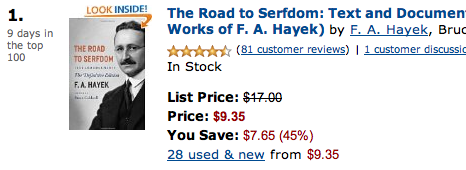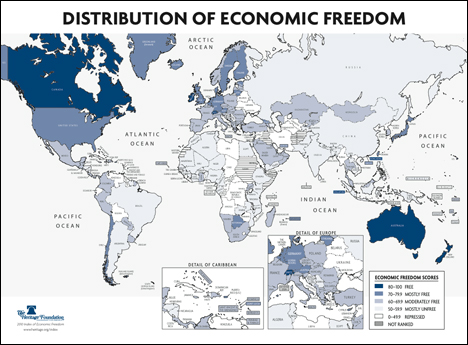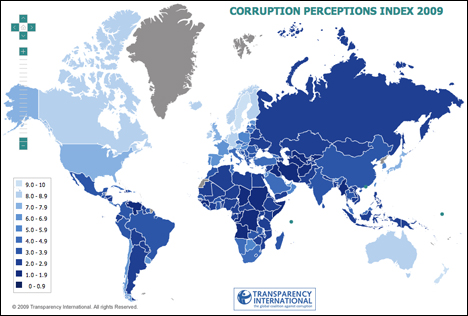Take note: If you slaved away for 152 hours at an ordinary job in 1964, you could have bought yourself this classy stereo from Radio Shack:

Put in the same 152 hours in 2010, at the same kind of job, and you can buy this much stuff instead:

This is the power of (relatively) free markets. Not only can you buy more stuff, better stuff, stuff that was completely unobtainable in 1964, at the same time very smart people have figured out how to make you much more productive than you would have been in 1964.
Chances are you had almost nothing to do with this incredible productive miracle. If you are like most Americans, your major exports are half-digested junk food and bitter lamentations about the unseemly unfairness of everything for everyone, everywhen and everywhere. But this simple example, provided by The Enterprise Blog at the American Enterprise Institute, illustrates what has really been going on in your life, while you have been so busy complaining about how horrible everything is.
We are puerile as a race, about which I will have much more to say later. But even if you are thoroughly grown up in your own thinking, it’s good odds that you have spent your entire life looking at the world upside down, concentrating with a dour dread on everything that does not matter while blithely ignoring everything that does.
Do you want a very good reason to be cheerful? The world outside your mind is all but entirely wonderful, a thing of beauty and infinite splendor. It’s only that world inside your mind that is a mess. I’m thinking it’s time you cleaned house. How about you?
< ?php include "cheerful.php"; ?>



